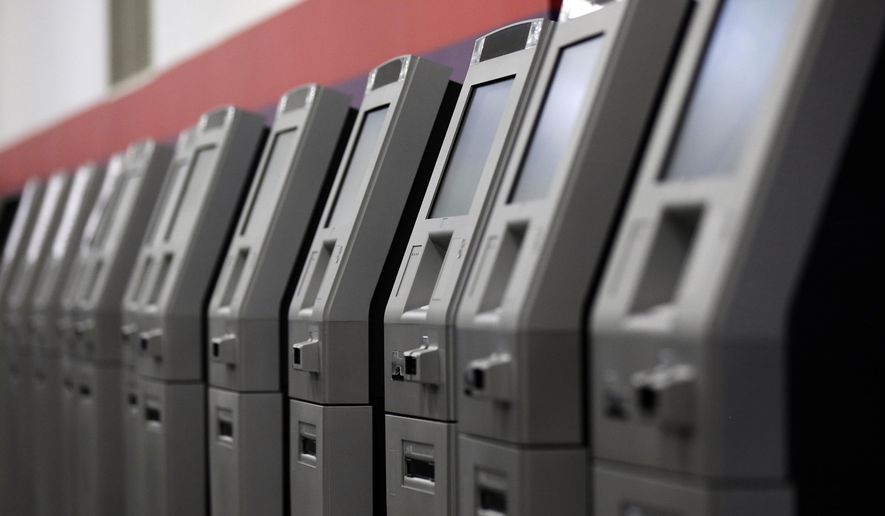Things happen in relationships - you grow apart, your partner gets to be too much for you, or worse - they do you wrong. Don’t stay in a bad one just because it’s easier than calling it quits: it’s time to break up with your bank.
We asked a few experts for their tips on how to do it:
DECIDE
The first step is deciding why you’re leaving.
It’s not unreasonable for people to look into firing their bank, particularly if they’ve been hit with fees, don’t qualify for certain products, or feel their bank isn’t paying them an appropriate level of attention, said Paul Golden, spokesman for the National Endowment for Financial Education.
Other reasons to consider moving on? Inadequate access to branches and ATMs, poor interest rates or even wrongdoing.
Customers at Wells Fargo, for example, had to decide whether the bank’s multiple scandals in recent years - such as opening millions of customer accounts without permission and putting homes into foreclosure unnecessarily - were enough reason to break things off. The bank also had an extended service outage that restricted access to ATMs, online and mobile banking. All the same, many customers stayed.
Why? Often it’s because consumers are comfortable with what they know and don’t want to deal with the hassle of changing banks.
“Inertia is a powerful force,” said Greg McBride, chief financial analyst at Bankrate.
Staying put can cost you though, McBride added. The average overdraft fee was just over $33 and the monthly service fee is over $5, according to Bankrate’s 2018 survey of U.S. checking accounts. But there are a bevy of free checking accounts out there. There are also trillions of dollars sitting in zero or low interest savings accounts while a high-interest savings account can be set up in minutes - and without needing to totally sever your existing banking relationship.
SEARCH
It’s important to find a bank that meets all your unique needs in terms of access, technology and cost. Be sure to consider credit unions or online banks that typically offer lower fees and better interest rates. Or see if your employer has a relationship with an institution that can offer you a good deal, Golden suggests.
Make sure any institution you choose is backed by the FDIC or the National Credit Union Insurance Fund (NCUSIF).
Before leaving your bank, give them a last chance. Go in and talk to them. Ask if they can do something to improve the relationship. You won’t know if you don’t ask.
LEAVE
Once you’ve made the decision to move on, set up your new account first.
This is particularly critical for checking accounts, as it lets you get direct deposits and automatic bill payments transferred over before closing the old account. In some cases, it can take several pay cycles to complete the process, McBride said.
Once all transactions have cleared the old account, close it. If you have a credit card in good standing with your current bank, and are happy with it, Golden suggests keeping that one last souvenir of the relationship; it helps with your credit score.
________________________
Follow Sarah Skidmore Sell on Twitter @sarahssell
If you have personal finance questions for the Associated Press, send them to apmoney@ap.org




Please read our comment policy before commenting.